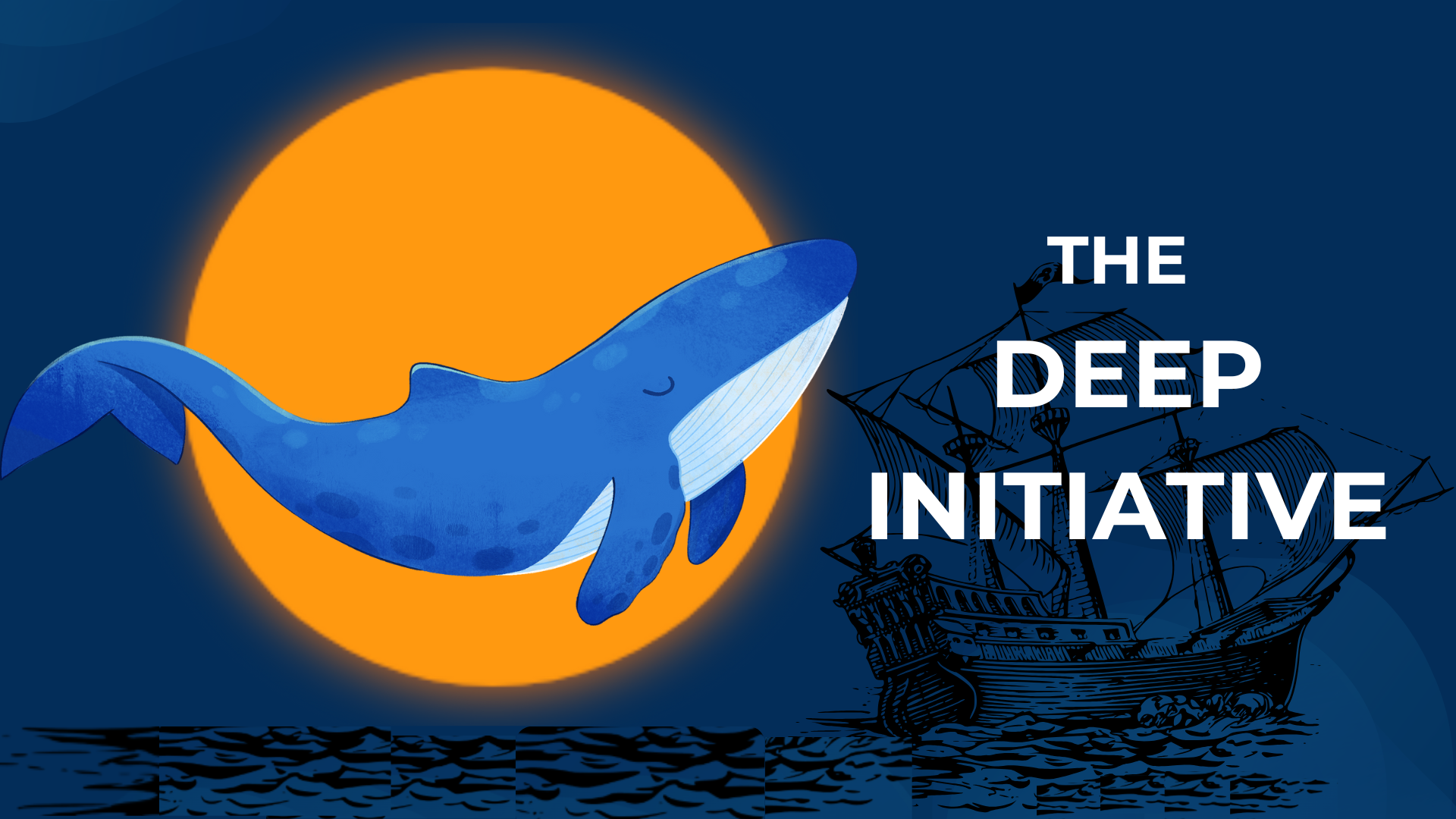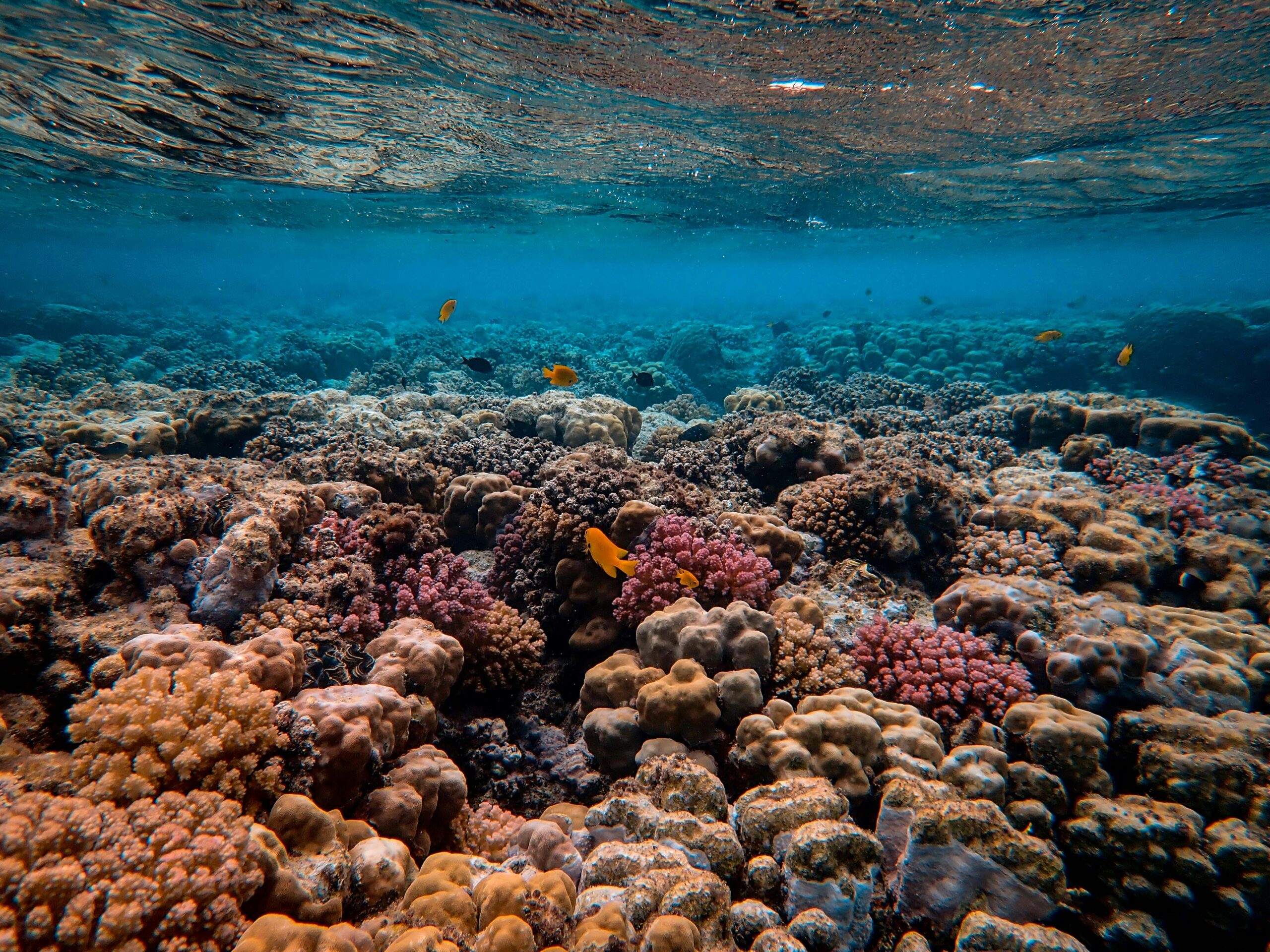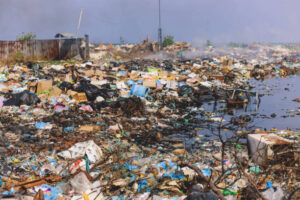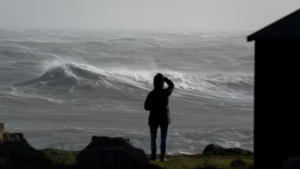Beneath the azure waves of West Africa’s coasts lies an extraordinary yet imperiled world—coral reefs, often called the “rainforests of the sea.” These ecosystems are biodiversity hotspots, supporting marine life, securing livelihoods, and protecting coastlines. Yet today, West Africa’s reefs face an existential crisis fueled by climate change, overfishing, pollution, and unchecked coastal development.
The vanishing reefs are not just a local issue, their decline reverberates globally, impacting food security, climate stability, and the economic resilience of millions. This is the story of West Africa’s dying reefs—and the urgent need to act.
The Lifeline of West Africa’s Ocean Ecosystem
Coral reefs along West Africa’s coastline, stretching from Senegal to Angola, are vibrant underwater cities that support nearly 25% of marine species. They act as nurseries for fish, foster biodiversity, and contribute to the livelihoods of over 12 million people dependent on artisanal fishing.
Beyond providing food security, these reefs are natural storm barriers, absorbing wave energy and mitigating erosion. As sea levels rise and extreme weather events grow more frequent, their role in protecting coastal communities becomes even more vital. Reefs also play a critical role in the global carbon cycle, helping regulate Earth’s climate by fostering marine organisms that absorb atmospheric CO₂.
But their importance is often overshadowed by their vulnerability.
A Crisis Unfolding
The health of West Africa’s coral reefs has been declining at an alarming rate. Over 50% of coral cover in some areas has vanished in the last two decades. This loss is driven by a complex web of environmental and human-induced factors:
Climate Change
Rising ocean temperatures cause coral bleaching, where corals expel the algae that provide them with energy and vibrant color. Prolonged bleaching often leads to coral death. Meanwhile, ocean acidification weakens coral skeletons, making them prone to erosion and breakage.
Overfishing
Destructive fishing methods, such as dynamite fishing and bottom trawling, directly harm coral structures while depleting fish populations that help maintain reef ecosystems. Removing these species destabilizes the delicate balance reefs depend on.
Pollution
Agricultural runoff, untreated wastewater, and oil spills have choked reefs with sediment and toxins. Nutrient-rich runoff encourages algal blooms, which compete with corals for light and space. Plastic pollution compounds the problem, as microplastics infiltrate marine food chains and stress reef systems further.
Coastal Development
Rapid urbanization along the coast and unregulated sand mining destroy reef habitats. Mangroves, which often coexist with reefs and enhance their resilience, are being cleared at an unsustainable rate.
Ripple Effects: Why Reef Decline Matters
The disappearance of West Africa’s reefs threatens more than just marine biodiversity:
- Food Security: Fish populations supported by coral reefs are vital for millions. Without them, malnutrition and hunger will worsen, particularly in vulnerable communities.
- Economic Instability: Reefs generate billions of dollars through fisheries and ecotourism. Their loss risks economic collapse for coastal communities reliant on these industries.
- Coastal Vulnerability: Without coral reefs, coastlines are exposed to erosion, flooding, and storm surges, endangering lives and property.
Turning the Tide: Solutions for Coral Conservation
The future of West Africa’s reefs depends on decisive action at local, regional, and global levels. Here’s what can be done:
Establish and Strengthen Marine Protected Areas (MPAs)
Expanding MPAs can restrict harmful activities, allowing reefs to recover and ecosystems to stabilize.
Combat Climate Change
Reducing global carbon emissions is critical to mitigating the warming and acidification that threaten reefs. Investing in renewable energy and sustainable infrastructure can slow these changes.
Sustainable Fishing Practices
Educating and supporting local fishing communities in adopting eco-friendly methods can prevent further damage to reefs while ensuring long-term livelihoods.
Reduce Pollution
Implementing better waste management systems and reducing agricultural runoff can minimize sedimentation and chemical exposure to reefs.
Engage Communities
Empowering local populations to take ownership of reef conservation ensures long-term success. Awareness campaigns and citizen science programs can foster stewardship and innovation.
Reef Rehabilitation Projects
Techniques such as coral gardening and the construction of artificial reefs can help restore degraded habitats.
A Call to Action
West Africa’s reefs are more than an ecological treasure—they are a lifeline for millions and a cornerstone of global environmental stability. Yet their decline is a silent alarm, signaling the need for immediate action. Protecting these reefs is not just about preserving nature; it’s about securing a future where marine ecosystems thrive, economies prosper, and communities flourish.
At The Deep Initiative, we are committed to restoring West Africa’s coral reefs through innovative conservation strategies and community-led initiatives. Join us in our mission to turn the tide on reef decline. Together, we can protect these underwater wonders for generations to come.
Take Action Today
SUPPORT THIS INITIATIVE
DONATE NOW




